Dr. Salah Hadi Salih Al-Fatlawi
Director of Supervision and Scientific Evaluation


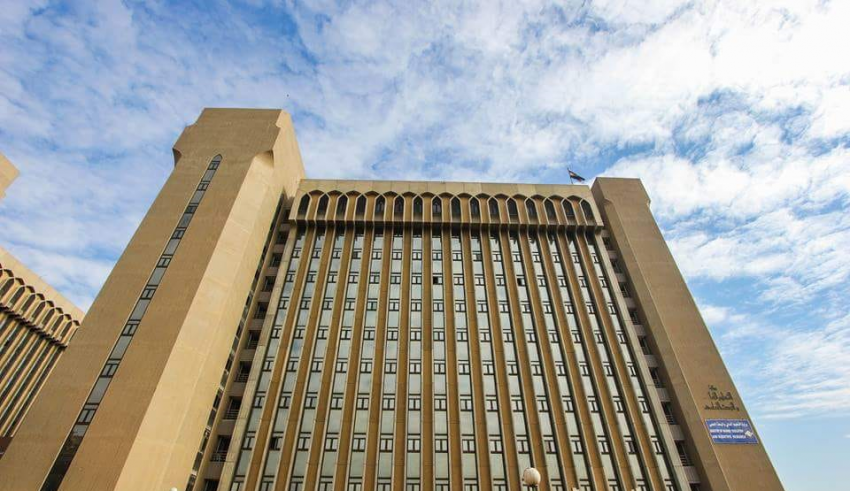
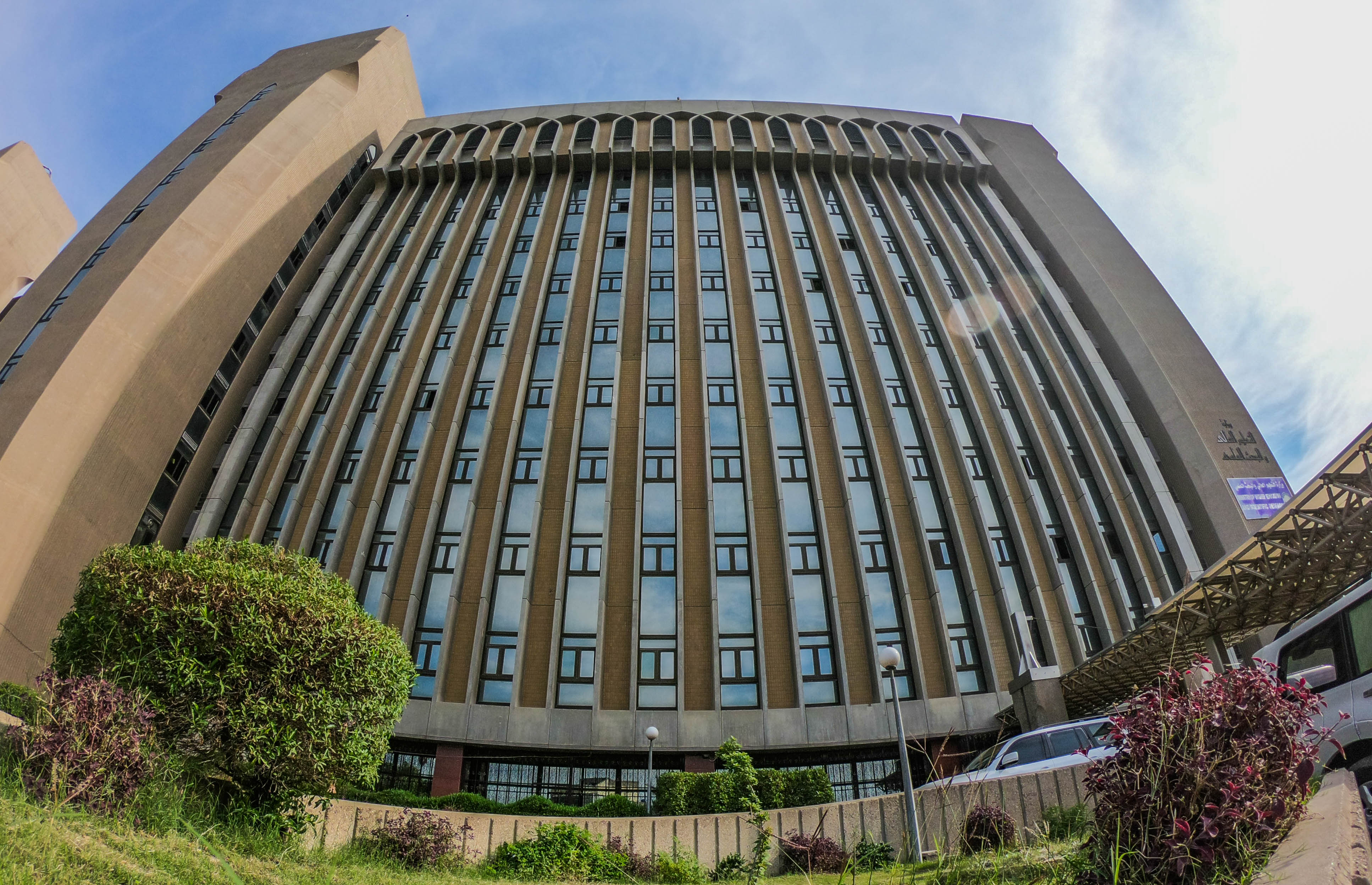
Section of Quality Assurance
Section of Accreditation
Section of Performance Appraisal
Section of University Supervision
Section of Scientific Calendar
Section of Internal Affairs
Section of Student Activities
Section of Follow-up Work of Consulting Offices
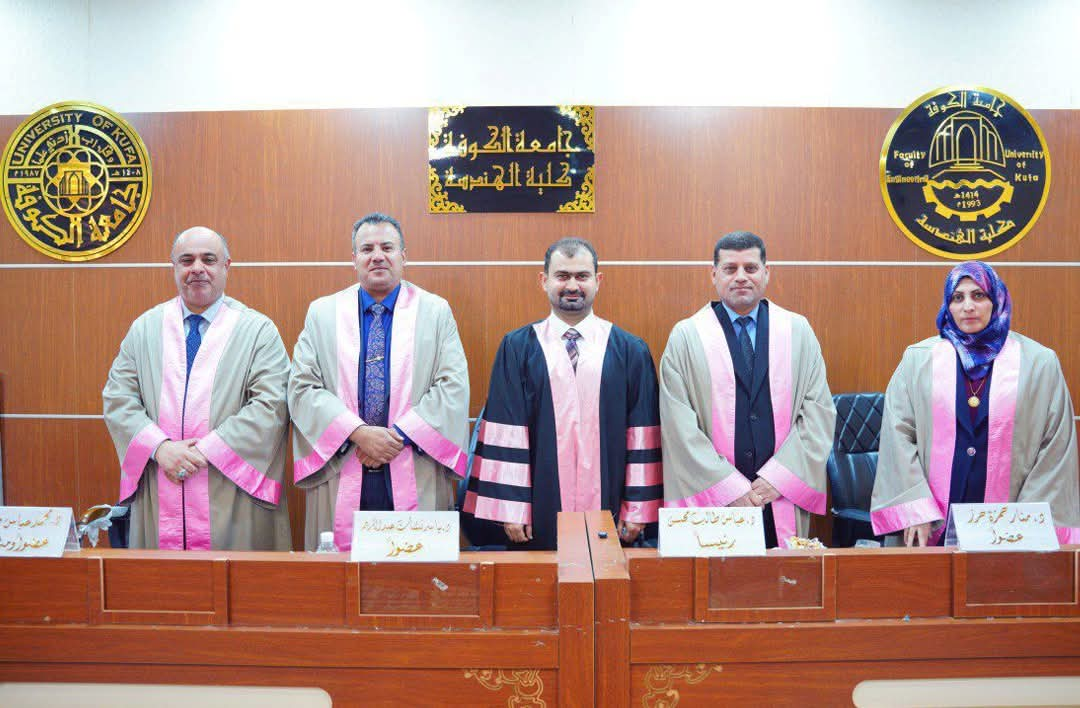
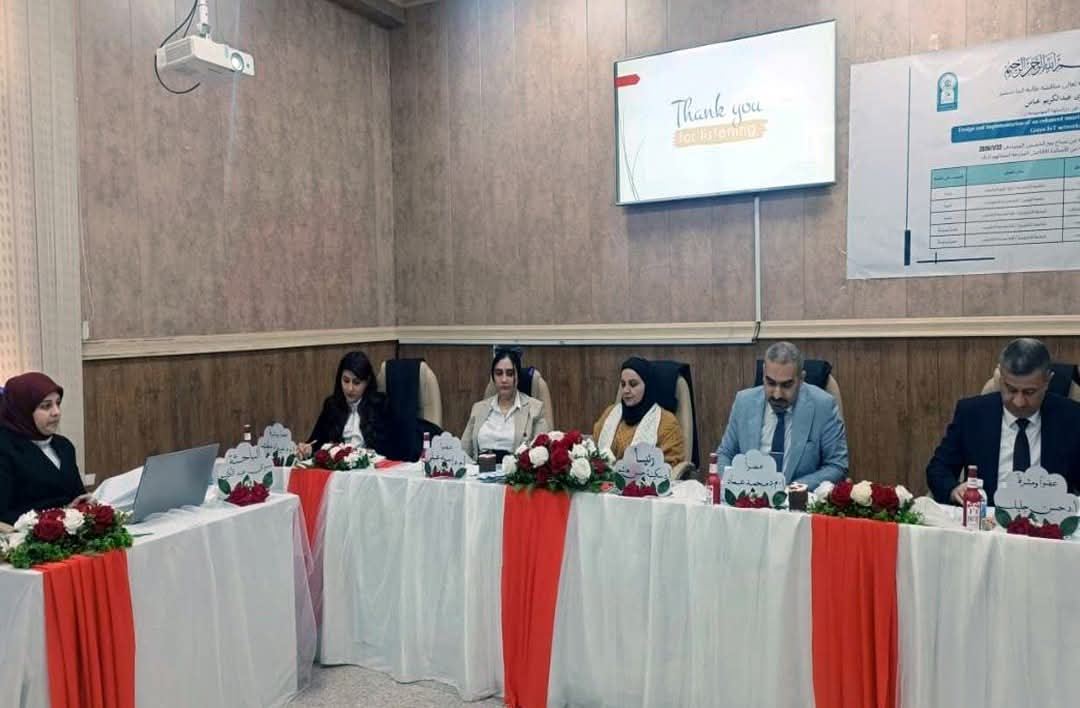
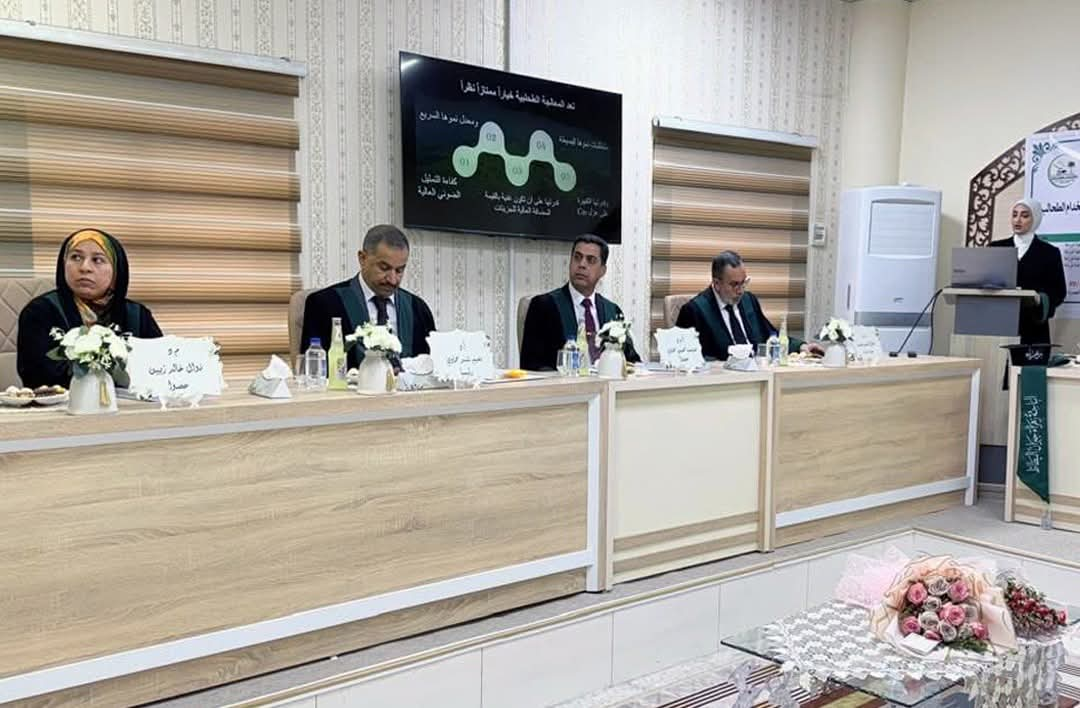
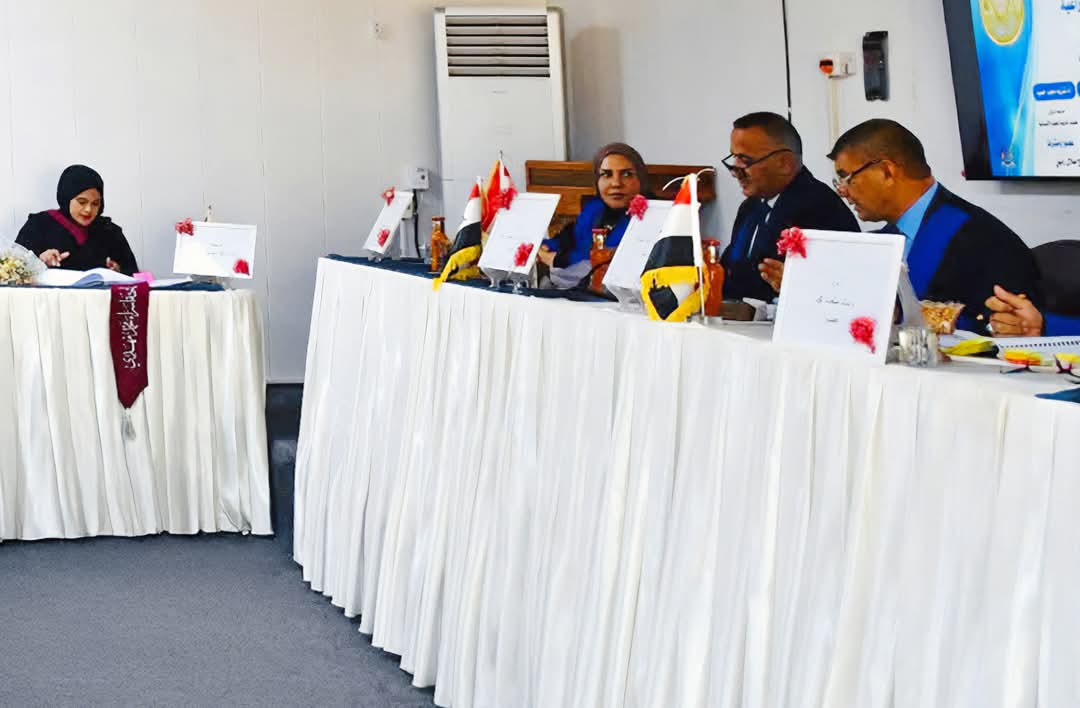
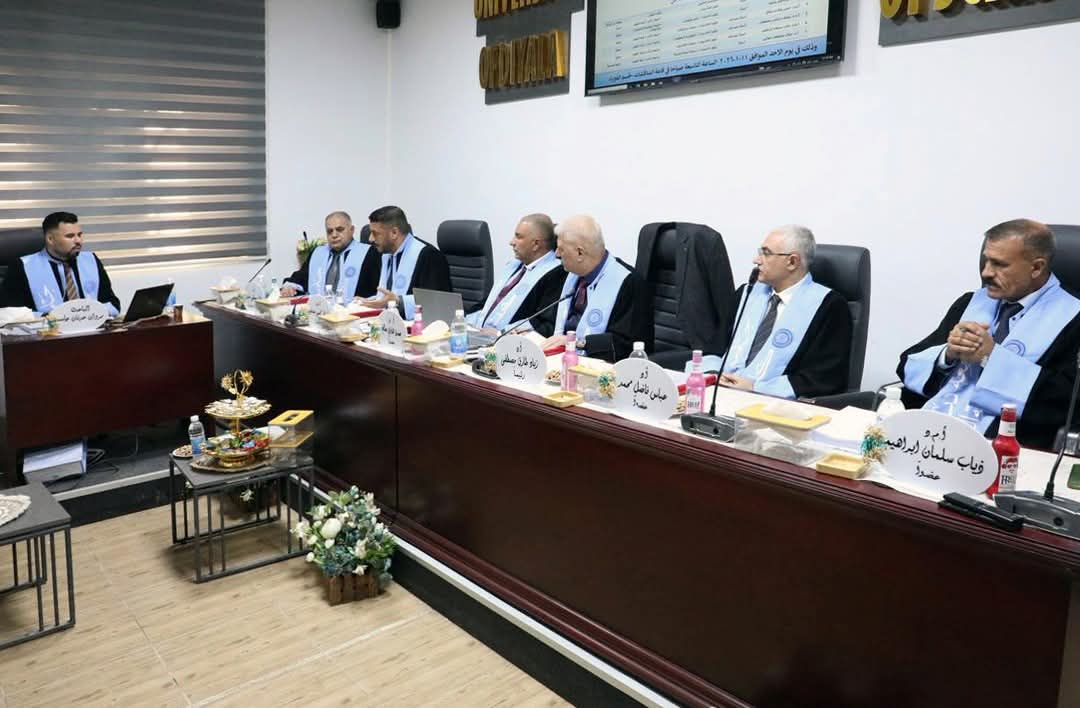
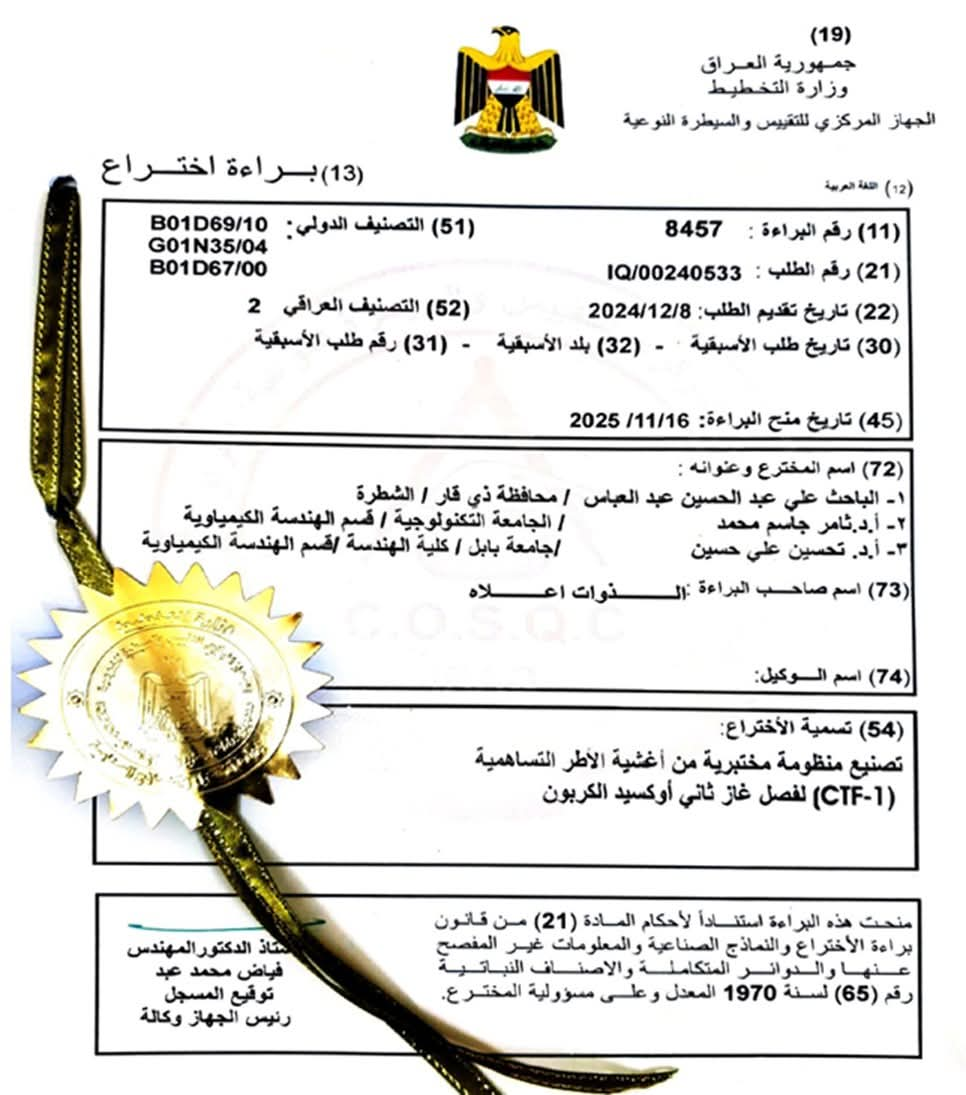
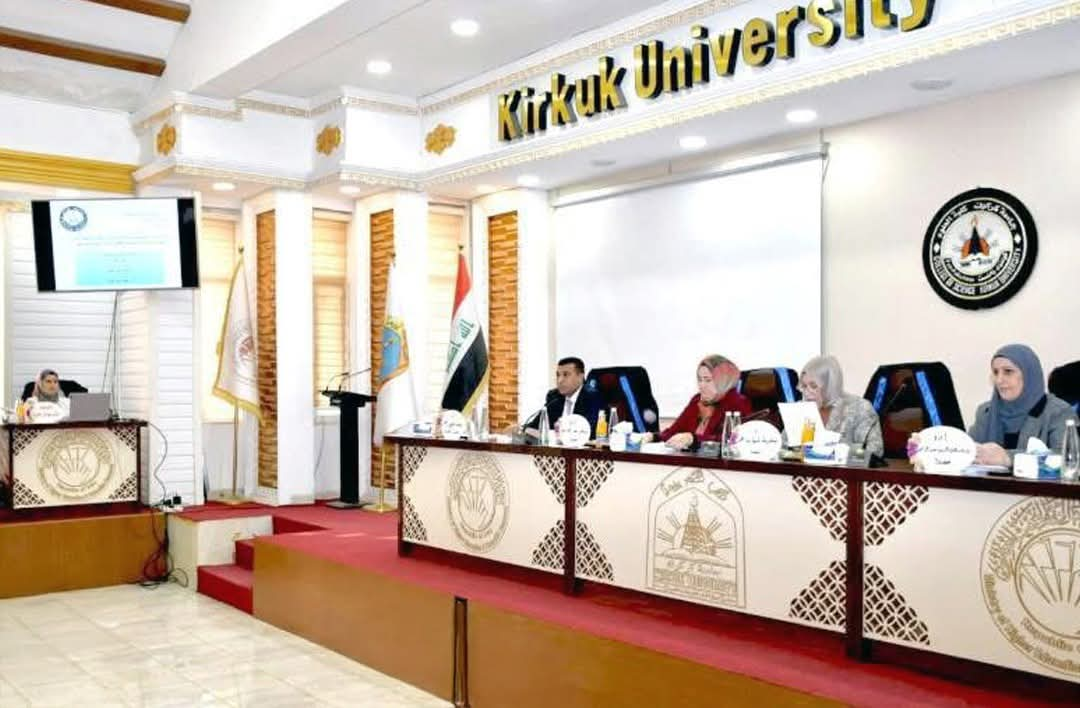
Contact us for any inquiries about the services provided by the Ministry of Higher Education and Scientific Research